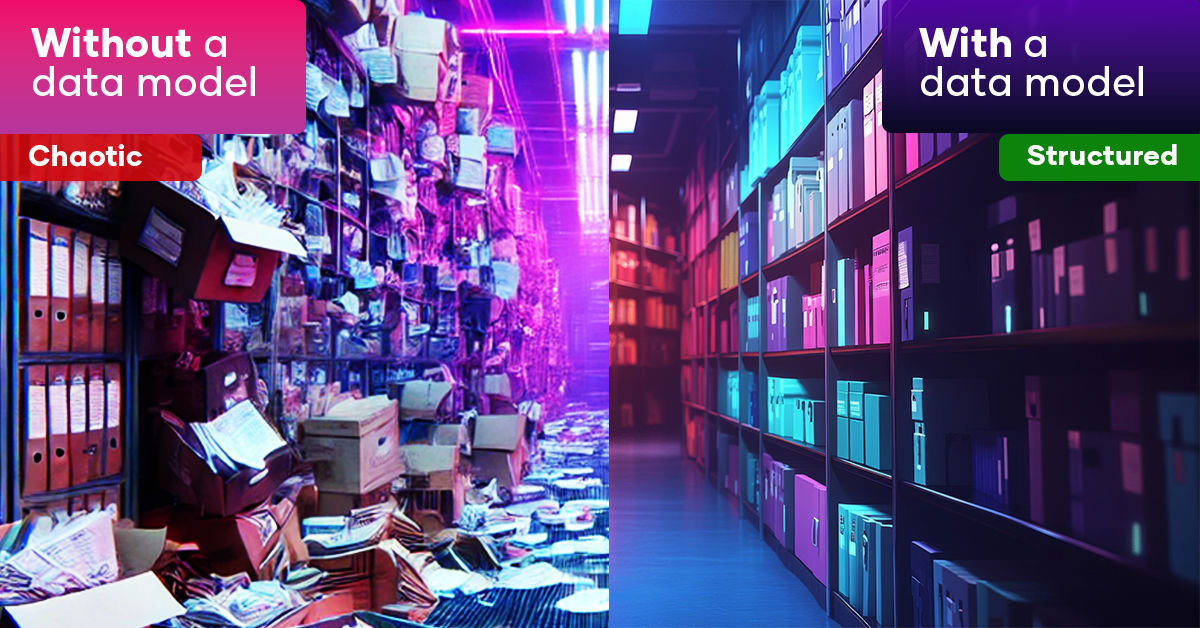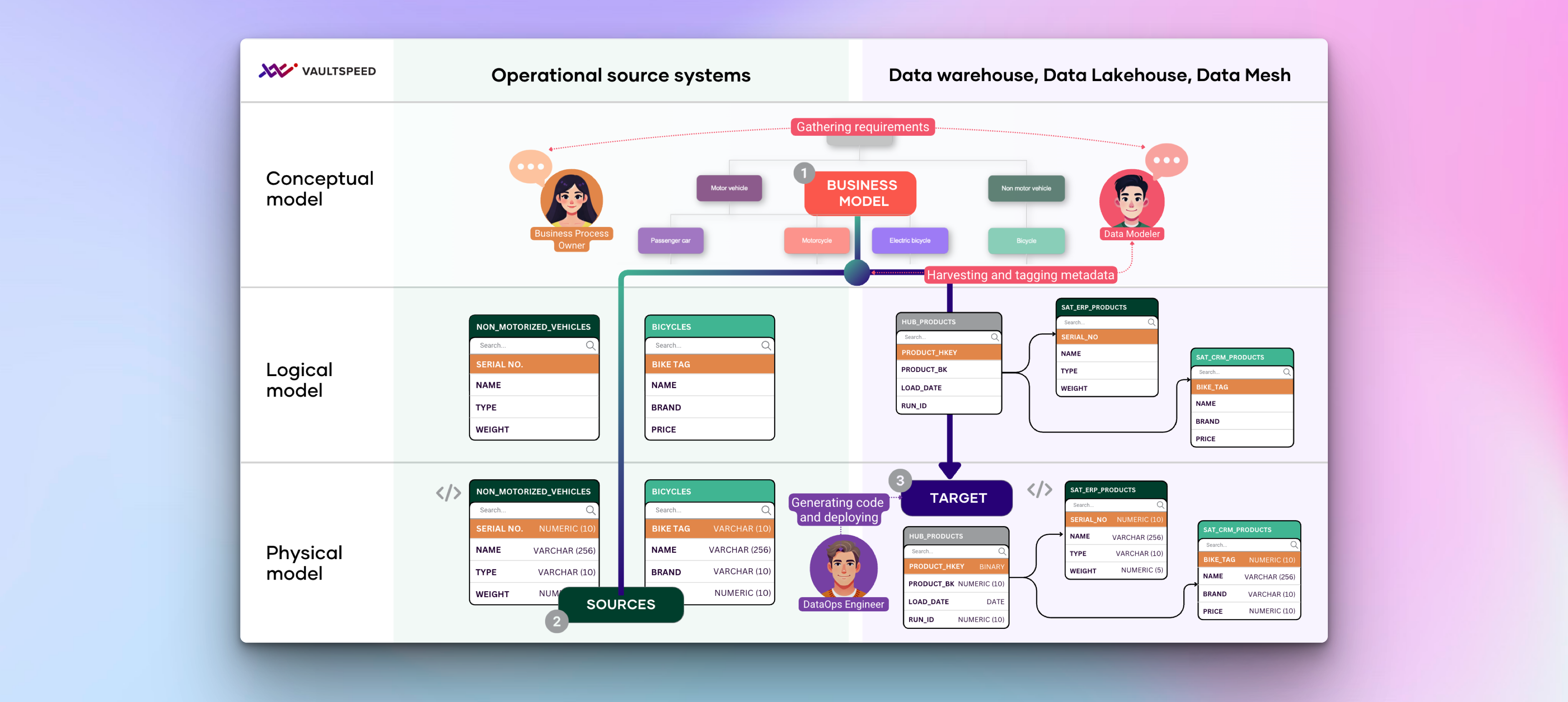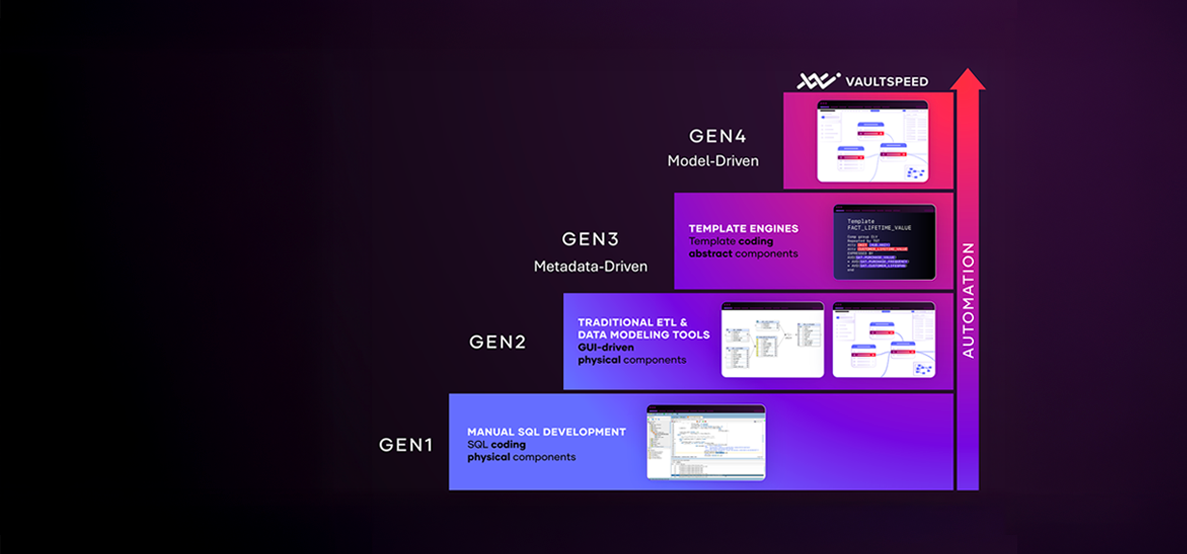A well-designed database model is more than just a technical artifact - it’s the foundation for scalable, trustworthy, and efficient data systems. When done right, a good model brings clarity to complexity and helps everyone from downstream engineers to analysts do their job more efficiently.
In this post, we’ll break down how eight key data personas benefit from strong data models:
1. Data Engineers
Benefit: Simplified development and fewer data quality issues
For data engineers, a solid data model means fewer surprises and less rework. Clear entity relationship, naming conventions, and well-defined constraints help engineers build ingestion and transformation pipelines that are:
- Easier to test and maintain
- Aligned with business requirements
- Resilient to change
A good data model acts as a contract - it defines what the data should look like, and this makes writing robust pipelines more feasible.
2. Data Architects
Benefit: Strategic alignment and governance enforcement
Architects use models to align technical systems with business needs. Good modeling helps them:
- Visualize enterprise data flows
- Plan for scalability and extensibility
- Enforce governance, naming conventions, and best practices
Models are their blueprint for building systems that don’t collapse under complexity.
3. Data Modelers
Benefit: Greater impact, smoother collaboration, and future-proof designs.
For dedicated data modelers - those responsible for designing and evolving the structures themselves - good database models are both their craft and their contribution to the broader data ecosystem. A strong modeling foundation helps them:
- Create scalable, extensible architectures that stand the test of time
- Enable clearer communication across engineering, analytics, and business teams
- Reduce rework and technical debt by establishing standards early
- Drive governance, metadata management, and documentation best practices
Good models aren’t just about tables and fields, they’re about building bridges between people. Systems, and insights. For data modelers, strong models mean their work delivers real, lasting value to the entire organization.
4. BI Engineers
Benefit: Reliable reporting and reusable metrics.
BI engineers build the reporting layer - and rely on well-modeled data to ensure:
- Consistent, trusted KPIs
- Clean joins across fact and dimension tables
- Reduced need for custom logic in reporting layers
With good models, they can focus more on storytelling with the data and less on debugging it.
5. Data Analysts
Benefit: Faster, deeper insight with less friction
Analysts are on the front lines of business questions. A well-modeled database gives them:
- Intuitive table relationships
- Defined fields and business-friendly naming
- Less time wrangling, more time analyzing
When models are good, analysts don’t need to guess where or how to find data - they just use it.
6. Data Governance Analyst
Benefit: Better control, transparency, and compliance
For governance roles, models are essential to:
- Track data lineage and classification
- Identify sensitive or regulated data
- Define ownership and stewardship
Strong models serve as the backbone of data governance programs, turning policies into enforceable realities.
8. AI Agents that rely on data
Benefit: Better training data, more reliable outputs, and safer decision-making
As organizations embed AI into their operations - whether through predictive models, recommendation systems, or autonomous agents - the quality of underlying data becomes mission-critical. A strong database model helps AI systems by:
- Providing consistent, well-structured training datasets
- Reducing data drift and schema inconsistencies that can degrade model performance
- Making feature extraction and enrichment easier and more reliable
- Improving explainability and auditability of AI outputs
AI is only as good as the data it learns from. When the data model is strong, AI becomes smarter, safer, and more aligned with business goals.
Final Thoughts: Modeling is a Team Advantage
The benefits of a good database modeling ripple through the entire organization. It creates a shared language between technical and business teams, enforces structure and governance, and accelerates everything from ETL to insights.
In short: a great data model helps every member of the data team build better, move faster, and trust more.





